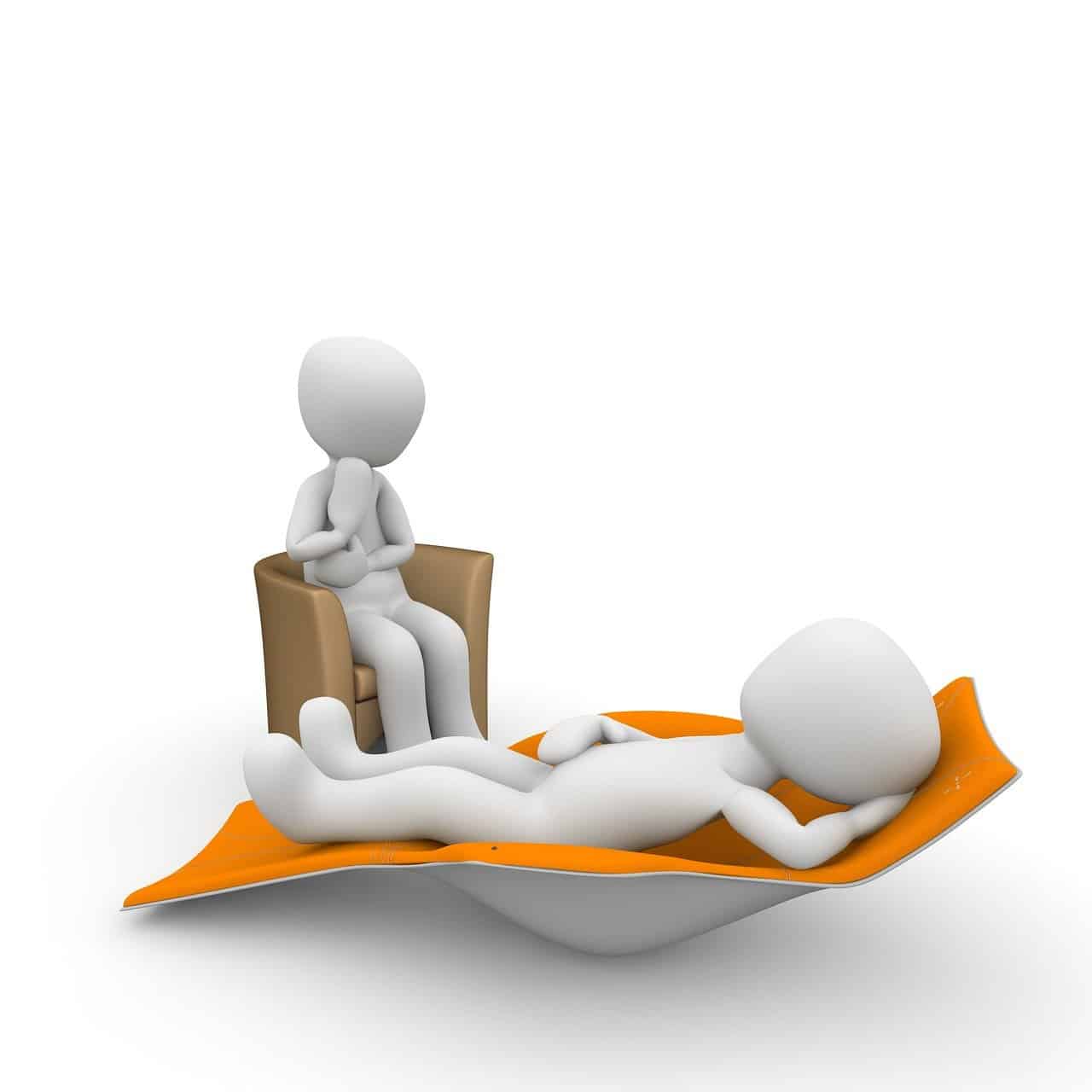
Logotherapy is based on the will to meaning as the first human motivation.
Logotherapy is a variant of psychotherapy that revolves around the presentation of the concept of the will to meaning as man 's first motivation. According to experts, it is the third Viennese school framed in the field of psychology , behind the psychoanalysis promoted by Sigmund Freud and the individual psychology developed by Alfred Adler .
This type of psychotherapy promoted by the neurologist and psychiatrist Viktor Frankl is based on existential analysis ; His will to meaning has a meaning opposite to that of the will to pleasure identified with Freud and to the will to power expounded by Adler .
Frankl , who for a time was held captive in a concentration camp, explained over the years that he managed to survive because he was able to give a logos ( sense or meaning ) to his existence . His experiences inspired the content of the book that, in Spanish, was known under the title “Man in Search of Meaning.” It should be noted that logotherapy allows us to examine a psychological plane that is not widely explored by the psychotherapeutic paradigms that preceded it.
Main postulates of logotherapy
Among the main postulates of logotherapy, in addition to the already mentioned will to meaning (which allows us to demonstrate that man's animatism distinguishes him from any species of the animal or plant kingdom), are freedom of will (which ensures that everything subject is capable of making personal decisions and enjoys the necessary freedom to choose his or her own destiny) and the meaning of life (in this context, logotherapy constitutes a perception of the world with positive roots).
Frankl 's methods applied to logotherapy revolve around dialogue to discover what gives meaning to a person's life, but he also addresses mental ailments from a medical point of view (to cite a specific case as an example). for example, when prescribing hormonal treatment to someone suffering from depression).
Thus, more precisely, we can determine that what this treatment does is help the patient in particular to discover the meaning of life through its humanization and personalization. It awakens in him his leading role in history, in life, in achieving his happiness and also in the achievements he reaches.
Hope is the key to logotherapy, it is what we try to transmit at all times to those who undergo it. And the search for the future, achieving dreams, and being happy with what one has are issues that are in the hands of that person, they are the protagonist of their life and must understand it as such.

Logotherapy is considered a variant of psychotherapy.
Tools and techniques
No less important is the fact that this therapy developed by Frankl uses tools to analyze the patient, discover what is happening to them and help them improve the so-called anxious reactions, compulsive reactions or sexual reactions.
Likewise, among the techniques that are an inseparable part of logotherapy we find the technique of paradoxical intention , in which what is attempted is for the patient to undertake something that he avoids doing, and that of dereflection, which is that which is based on insomnia But we cannot ignore others that are also basic within the term we are addressing, such as the case of self-distancing , Socratic dialogue or the modification of attitudes .
